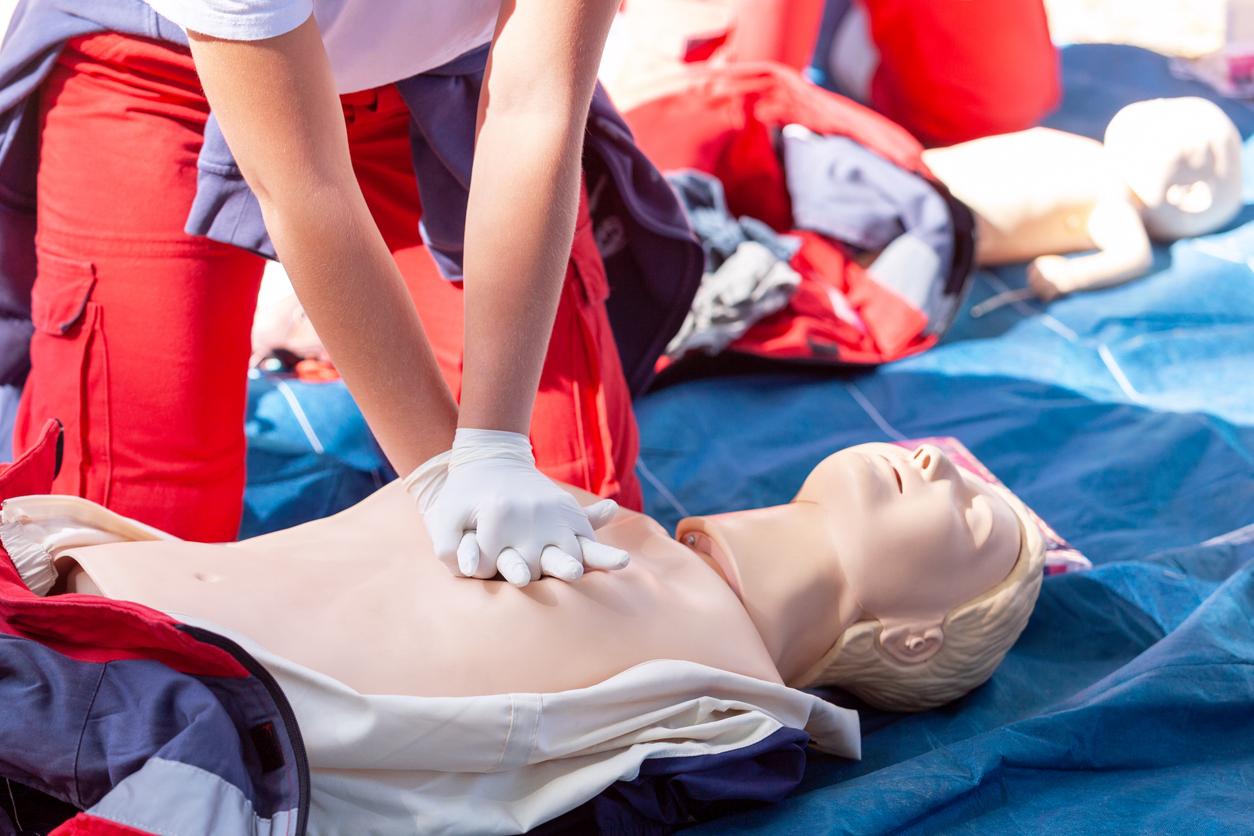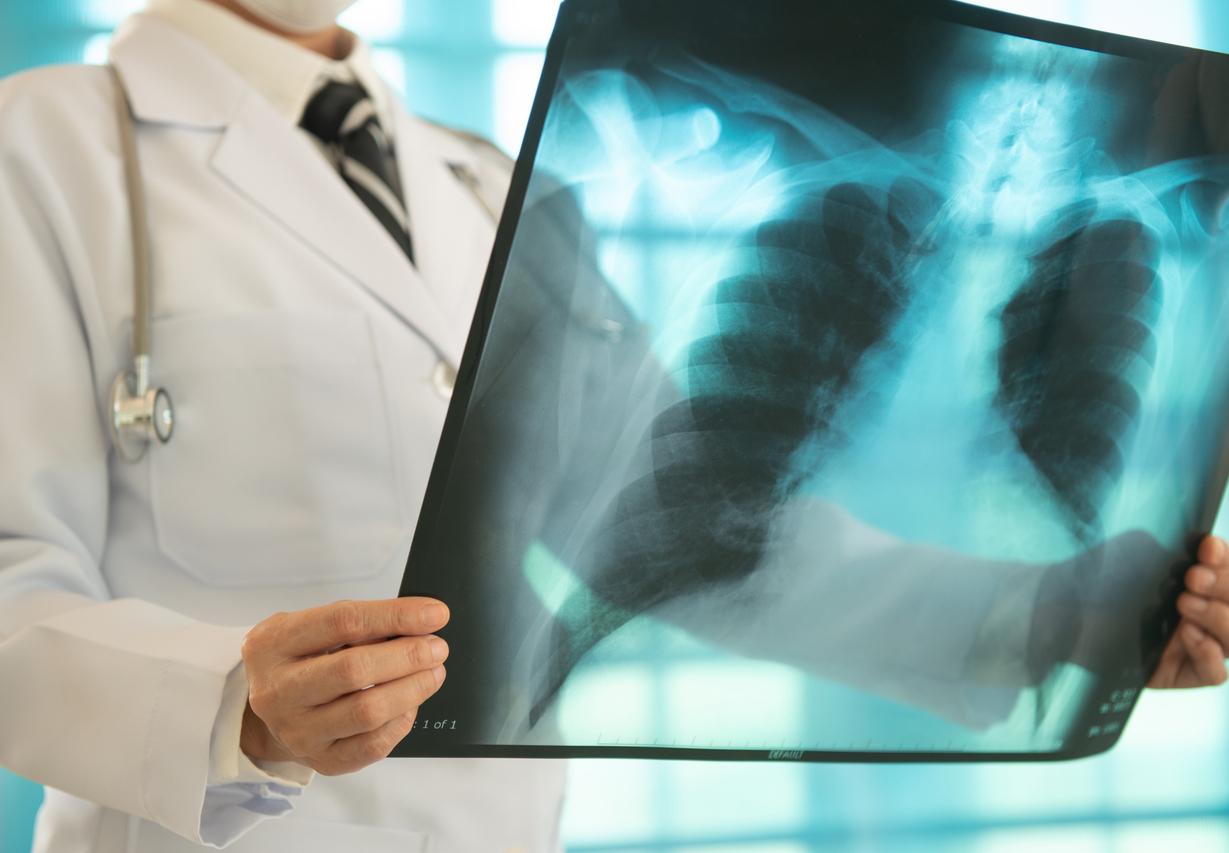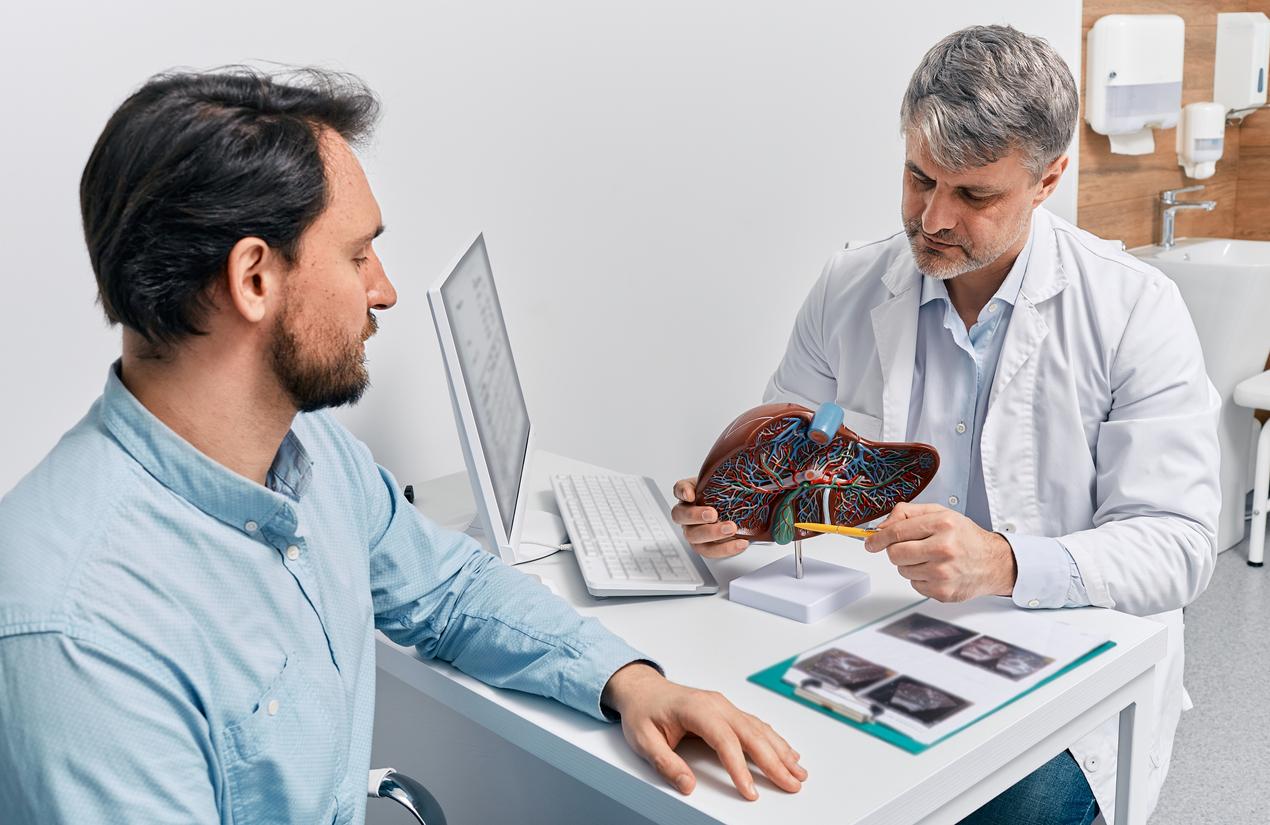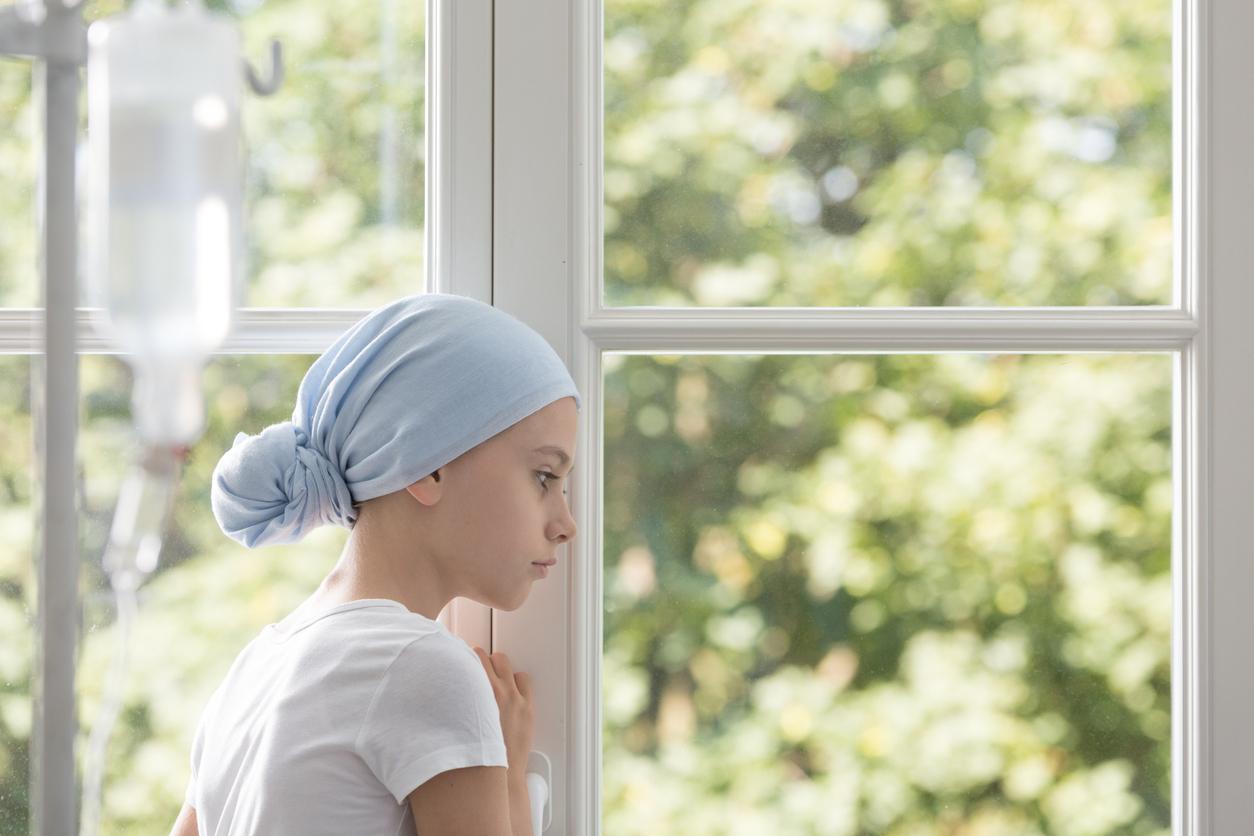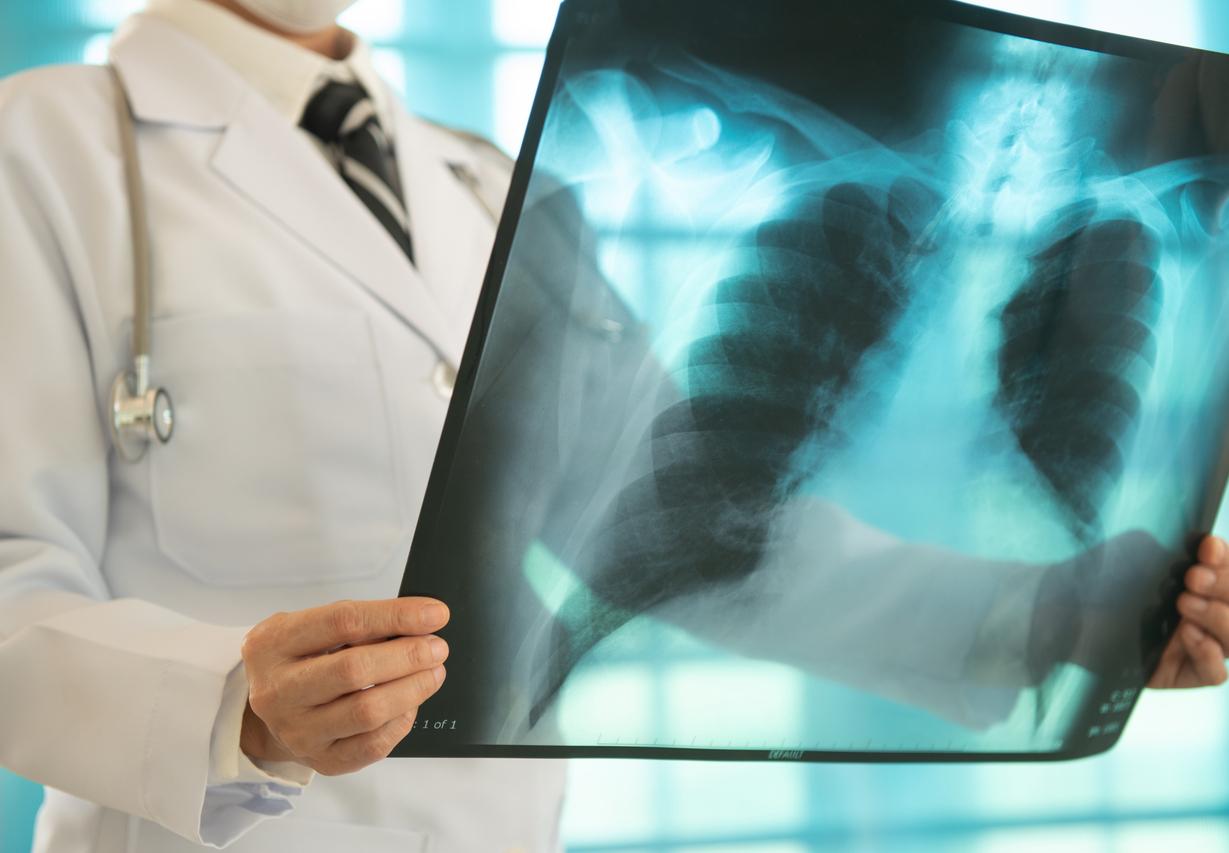Months after recovery, Ebola survivors face serious after-effects, such as impaired sight and hearing.
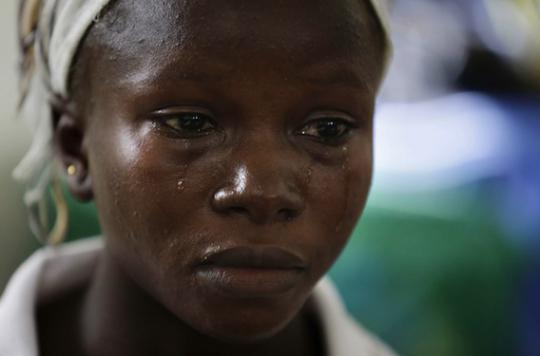
While they have been out of treatment centers for months, the survivors are overtaken by Ebola. They suffer from serious sequelae such as impaired vision and hearing or joint complications, according to one study presented this Wednesday in The Lancet Infectious Diseases.
These results come from a study carried out in Sierra Leone in a clinic in Port Loko, about fifty kilometers from Freetown, the capital. This center provides care to more than 600 survivors of the epidemic living in this region.
In total, 277 agreed to participate in this study evaluating the “post-Ebola syndrome”. Among those examined between March and April 2015, complications were frequently observed, according to Dr. Sharmistha Mishra, an infectious disease specialist at St. Michael’s Hospital in Toronto (Canada).
In fact, 76% reported joint pain, 60% reported having vision problems that they did not have before, 18% suffered from eye inflammation that threatens their sight and 24% from eye disorders. ‘hearing.
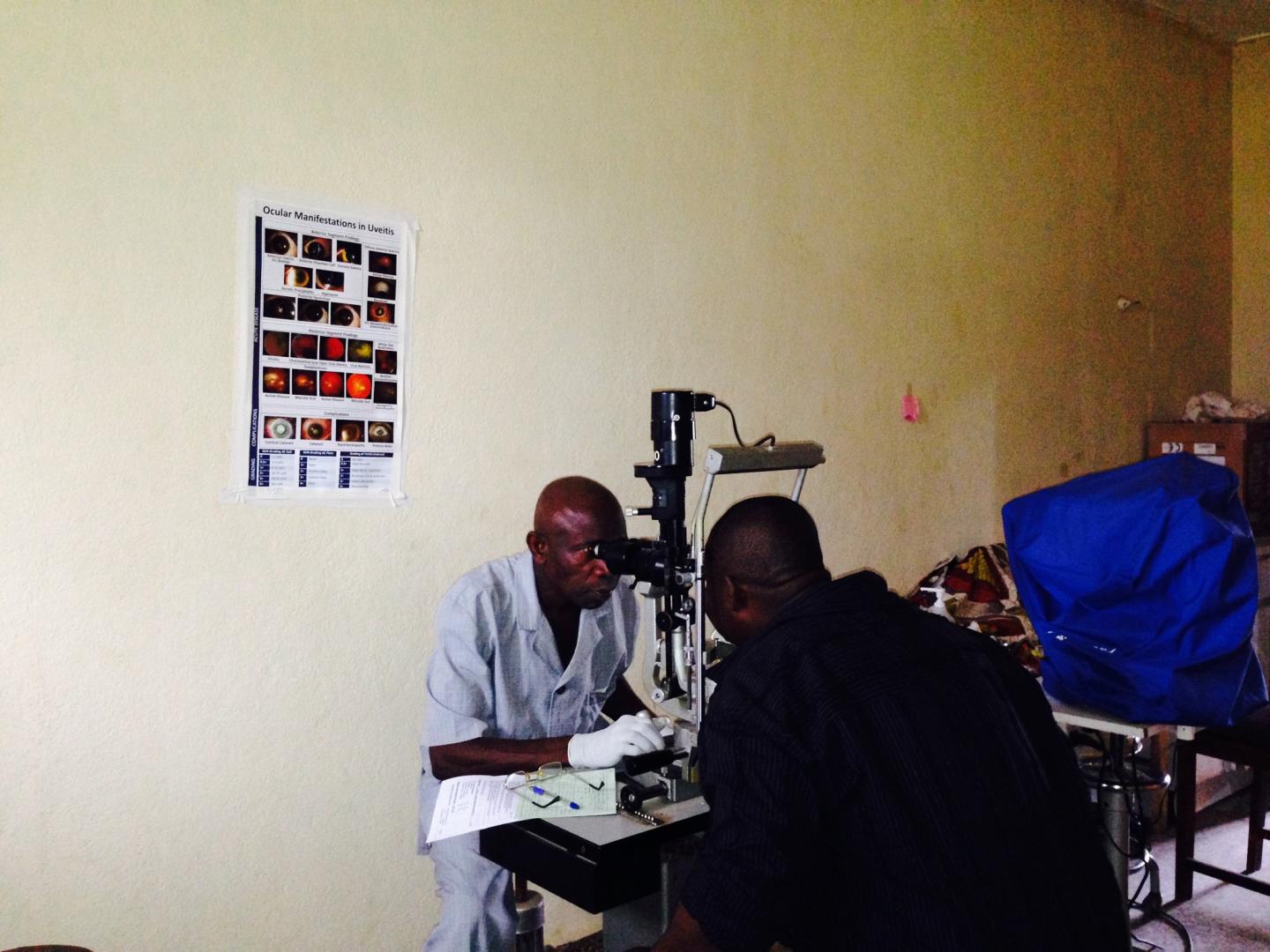
Source: Photo by Dr. Sharmistha Mishra.
Frequent complications
According to this study, patients who had a very high viral load before being cured are more likely to suffer from eye disorders and eye inflammation. Thus, despite the elimination of the virus by the body, it could lodge in immunological sanctuaries such as the aqueous humor of the eye or the sperm. In particular, work has shown that the Ebola virus can remain in the seminal fluid for 9 months.
For Dr Sharmistha Mishra, this study also underlines the need to follow survivors as soon as they leave the centers in order to ensure that these complications are diagnosed and treated early.
In fact, due to the urgency of the situation, no systematic care for Ebola survivors has been put in place in West Africa. So now is the time to fix it.
But for that, certain obstacles will have to be removed. In Sierra Leone, ophthalmologists are rare: only two professionals participate in the national ophthalmic follow-up program, and have also led this work.
Since December 2013, more than 28,600 men, women and children have been infected and 11,315 have died, mainly in West Africa. Last June, a similar study was launched in Liberia. At the same time, French researchers are also carrying out a study on post-Ebola syndrome in Guinea.

.










